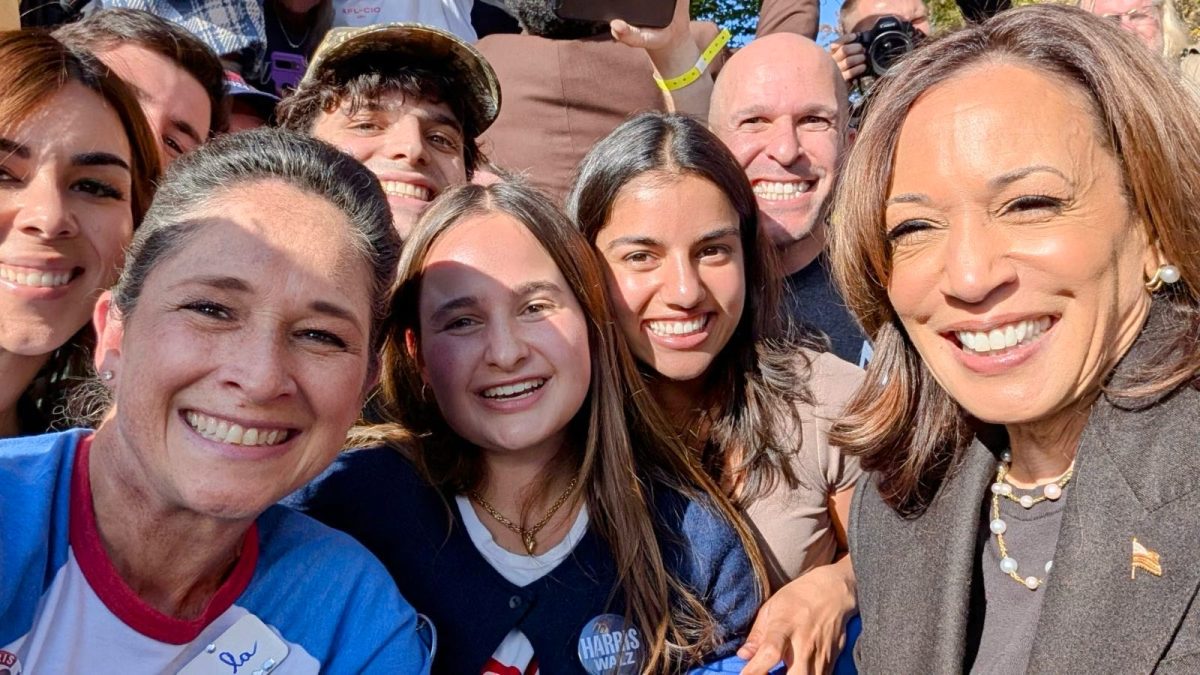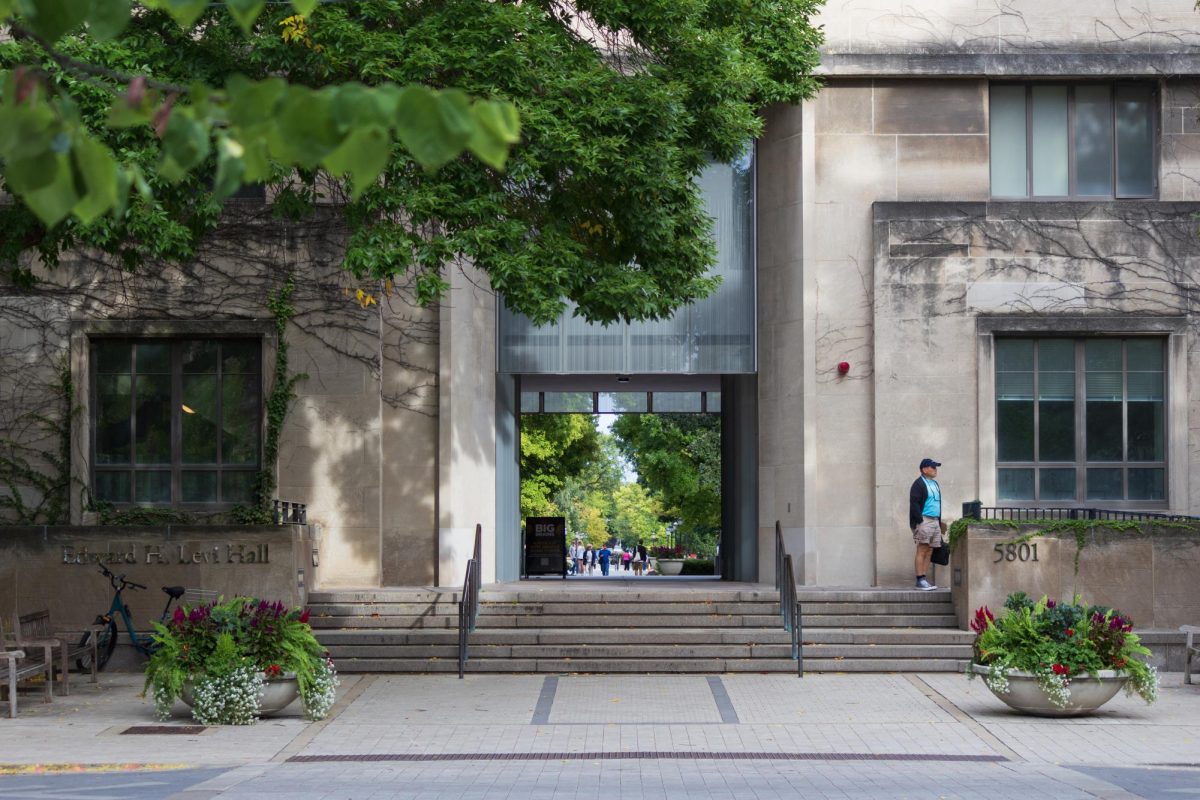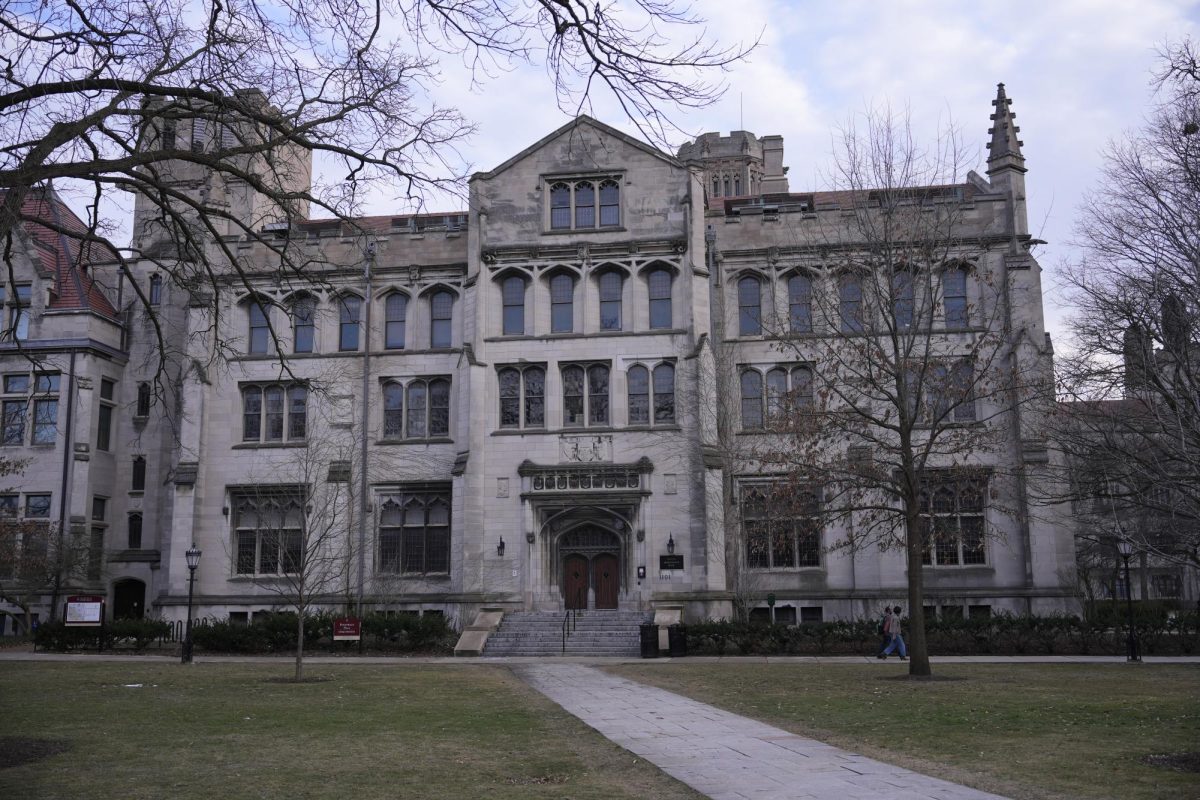Chiara Cordelli, an associate professor of political science at the University of Chicago, gives a scathing critique of ultra-wealthy philanthropists in Anand Giridharadas’s book Winners Take All:
“When it comes to effecting change in a way that makes them feel good—when it comes to building a business, lobbying for certain things, effectively helping some people through philanthropy, then they are agents. They powerfully and intentionally can exercise change…When it comes to paying more taxes, when it comes to trying to advocate for more just institutions…then they’re paralyzed.”
I believe professor Cordelli is half-right. It’s true that economic elites are enthusiastic in their quest to solve public problems through the private sector. But when presented with public solutions, they are not paralyzed; rather, they work vigorously against them.
For evidence of this dynamic, look no farther than the Kenneth C. Griffin Department of Economics, named for the Citadel CEO who donated $125 million to the department in 2017. Griffin, one of the richest individuals in Illinois, regularly makes gargantuan contributions to admirable causes, yet there is one institution he hopes stays starved: the Illinois state government.
An impoverished government not only means less money for public services; it also means more policy influence for philanthropic billionaires who can pick and choose what problems get addressed by cutting seven-figure checks. If we want to shift control of public policy back into the hands of the public, we need the rich to pay more in taxes. On November 3, our state has the chance to make that happen by voting for the graduated income tax amendment.
Illinois is locked by its constitution into a flat income tax, meaning that all income must be taxed at the same percentage, currently 4.95 percent. A flat income tax is a sweet deal for billionaires, because their tax rate will always be capped by the amount of pain that politicians are willing to put on the state’s poorest residents. As of 2018, Illinois had a lower tax rate for its highest earners than 34 of the 43 states that levy an income tax.
This November, Illinois voters will weigh in on a constitutional amendment that would permit the state to use a graduated income tax. Under this system—used by 32 states and the federal government—income is bracketed and then taxed at different percentages. For instance, under the rates passed by the General Assembly to go into effect if the amendment is approved, the first $10,000 a person makes would be taxed at 4.75 percent, their income between $10,001 and $100,000 would be taxed at 4.9 percent, and so on.
While the tax rate would decrease or stay the same for all taxpayers making less than $250,000 , it would increase substantially for billionaires like Kenneth Griffin. That in part explains why he’s given $46.75 million (so far) to a committee fighting to oppose the amendment’s passage.
Griffin regularly gives away hundreds of millions of dollars. Why is he so scared of paying more in taxes? Probably because he knows that what’s on the ballot this November is not just a policy change; it’s a referendum on two visions for addressing society’s problems.
Supporting the graduated income tax means strengthening the tools of democracy to respond to those problems. If people think the state should provide a particular service, they can convince their representatives to support it or vote in new representatives who will. However, the services many people believe the government should provide, such as free or subsidized healthcare, affordable housing, and expanded social services, cost money. They are only possible to implement when everyone pays their fair share. At this moment, though, the flat income tax requirement is stymieing the success of public solutions in Illinois.
Opposing the graduated income tax means supporting Kenneth Griffin’s vision of problem-solving: private philanthropy by donors who are unaccountable to democratic institutions. Under this system, the list of problems that need solving and their respective solutions is set by the small group of wealthy individuals who can afford to fund them on a community-wide scale. Griffin has no problem, for instance, donating $1 million to Chicago Public Schools to help deliver meals to students while schools are closed. But this model depends on the continued benevolence of billionaires. What if, instead of accepting his charity, the city decided to create a sustainable revenue source for its meal delivery program by placing a tax on hedge funds like Citadel? I suspect Griffin would fight it tooth and nail.
Consider how these opposing visions tackle the problem of affordable college. An approach centered on private philanthropy calls on the winners of capitalism to donate to funds like the Odyssey Scholarship program to support the education of low-income students. Donors get praised for their generosity, and the university gets praised for its commitment to lowering barriers. But when both of these groups view low-income students as pawns to enhance their prestige, the students themselves may suffer for it.
A public-oriented approach might involve working through the legislative process to offer grants to college students that would provide affordable access to a wide range of schools. Grants could be given to all students who fall below a certain income threshold, not just the relatively small group who attend a highly selective private university. Perhaps the state would pay for this policy by raising taxes on billionaires, who would inevitably complain that their increased taxes would make it harder for them to make charitable contributions. Personally, I think I can stomach a world with fewer dining halls named for megadonors if it means more money for public services.
Obviously, a graduated income tax would not solve all the state’s problems, including the massive amount of money that permeates our political system. It’s an uncomfortable contradiction that this amendment is being championed by our billionaire governor, J. B. Pritzker, who has personally given $56.5 million to support its passage. But I want to live in a world without ultra-wealthy donors who sink millions of dollars into politics, so in the meantime I can begrudgingly accept the support of a billionaire who spends absurd amounts of money to create that world.
Democracy in Illinois is far from perfect, and political corruption remains a serious issue. But we should keep in mind another lesson from professor Cordelli: “The government is us.” Government is not always as responsive or representative as it should be, but it will always be more responsive and more representative than any billionaire philanthropist.
If you want to live in a state where addressing our communities’ most pressing needs depends on Kenneth Griffin’s personal generosity, vote no on the graduated income tax amendment. But if you want to live in a state where the public, not billionaires, decide how resources are distributed, then vote yes.
Isaac Wink graduated from the College in 2019.







